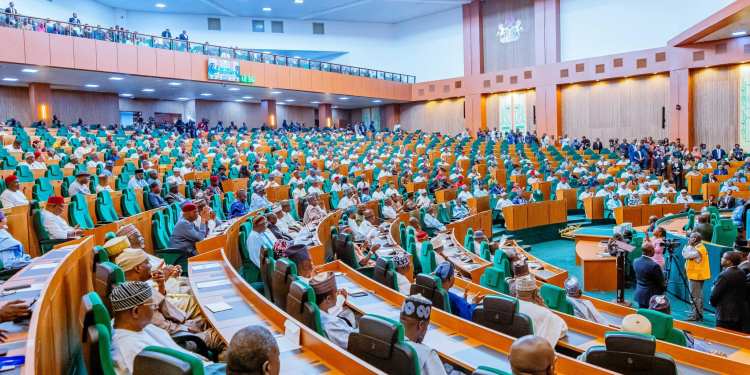The House of Representatives has vowed to intervene in the ongoing two-week warning strike by the Academic Staff Union of Universities (ASUU), which began on Sunday to protest the federal government’s failure to implement key aspects of their agreement. The resolution followed a motion of urgent national importance moved by Sesi Whingham (APC, Lagos) during Tuesday’s plenary session.

Whingham highlighted the risk of the strike escalating into a prolonged shutdown, similar to past disruptions that paralyzed Nigeria’s tertiary education system for months. He cited unresolved issues from the 2009 and subsequent agreements, including university revitalization, earned academic allowances, lecturers’ salary reviews, and university autonomy. These delays, he noted, have fueled recurring tensions and contributed to rising dropout rates, brain drain, and public disillusionment with the education system.

Citing Section 18 of the Constitution, which emphasizes education’s role in national progress, Whingham urged both ASUU and the government to prioritize stability in the sector. The motion was adopted without debate.
The House directed its leadership, led by Speaker Abbas Tajudeen, to engage ASUU and the federal government to seek a lasting resolution. Deputy Speaker Benjamin Kalu, presiding over the session, assigned the matter to an ad-hoc committee on ASUU-related issues, chaired by Speaker Tajudeen, to meet with both parties and provide recommendations.

The House also called for restraint and constructive dialogue, urging both sides to prioritize students’ interests and national development. Meanwhile, the federal government has directed university vice-chancellors to enforce a no-work-no-pay policy, withholding salaries for the strike’s duration.
ASUU’s strike, which has halted academic and administrative activities nationwide, could escalate into a full-blown action if demands for revitalization funds, allowances, and salary reviews remain unaddressed.




